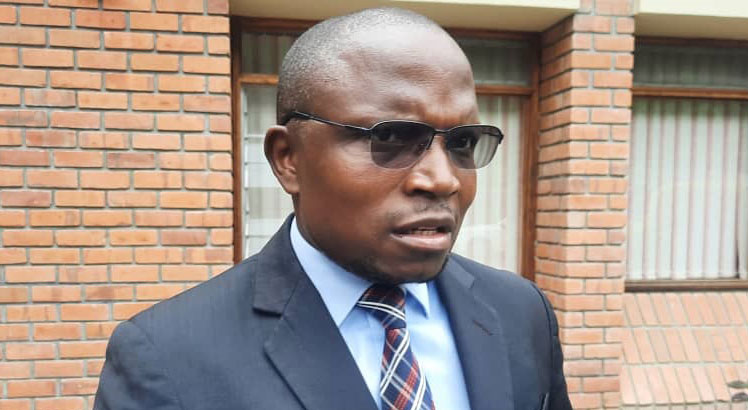Cybercrime fight complex, but attainable –IT experts
Scientists have argued that combating cybercrime may not be “as complicated as earlier anticipated”; arguing it remains within reach, even for Malawi.
Speaking on the sidelines of the IST-Africa H2020 workshop in Lilongwe on Monday, visiting president and chief executive officer of the International Information
Management Corporation Limited (IIMC) Paul Cunningham collaborative research studies are key to solve various social-economic ‘mysteries’ affecting the globe.
But Cunningham quickly argued that institutions must first break the border so that no academic and research institution should feel it can work on its own.

“This is the very essence of setting up these types of workshops in the first place.
On the other hand, collaborative research isn’t just about ICT. It’s also about having a multi-disciplinary type of approach because one has to address various social-cultural differences, geographic, thematic and other differences.
“So it is really about trying to breakdown those silos of expertise so that people in agriculture and food security can collaborate with people in health, education and then can leverage ICT in engineering to achieve their objectives.” Cunningham said.
And on cybercrime currently causing havoc across the globe, he advised that it was critical to have the national security said designed into systems and not something that’s added afterwards; arguing the country can always learn from the international community by “seriously looking into the international best practices.”
And in a separate interview, NCST Director General, Anthony Muyepa Phiri, concurred with Cunningham; but hinted the vice can be one of the risks coming from the country’s rapid development in ICT over the last decade.
Explained Muyeba-Phiri, “To some extent, I think it can be safe at this point in time to say that cyber crime, just like any other crimes, has to do with one’s integrity. Cybercrime exists because someone somewhere entrusted with some valuable information, choose to share that information illegally for one’s selfish motives. Otherwise, cases of professional stealing of data are not as rampant.”
IST-Africa project is a strategic cooperation between IIMC (Ireland) and [Malawi] National Commission of Science and Technology (NCST) since 2011. The workshop skirted around the ICT-39-2017 Call; which mainly focuses on Africa’s research challenges leveraging in ICT.
The Lilongwe workshop, aimed at raising awareness of research funding opportunities available through the European Commission Horizon 2020 scheme of funding was jointly organized by the NCST and IIMC. It attracted participants from both the public and private academics and research institutions in the Information and Communication Technology (ICT) sector.





